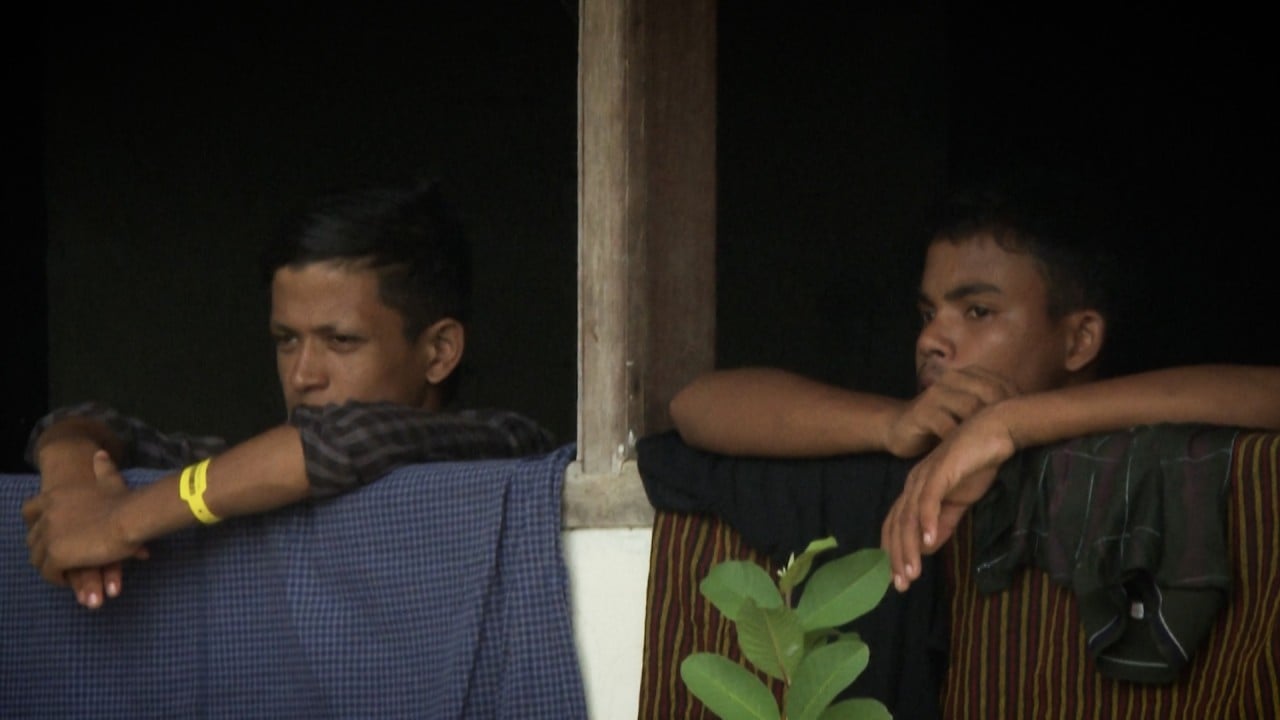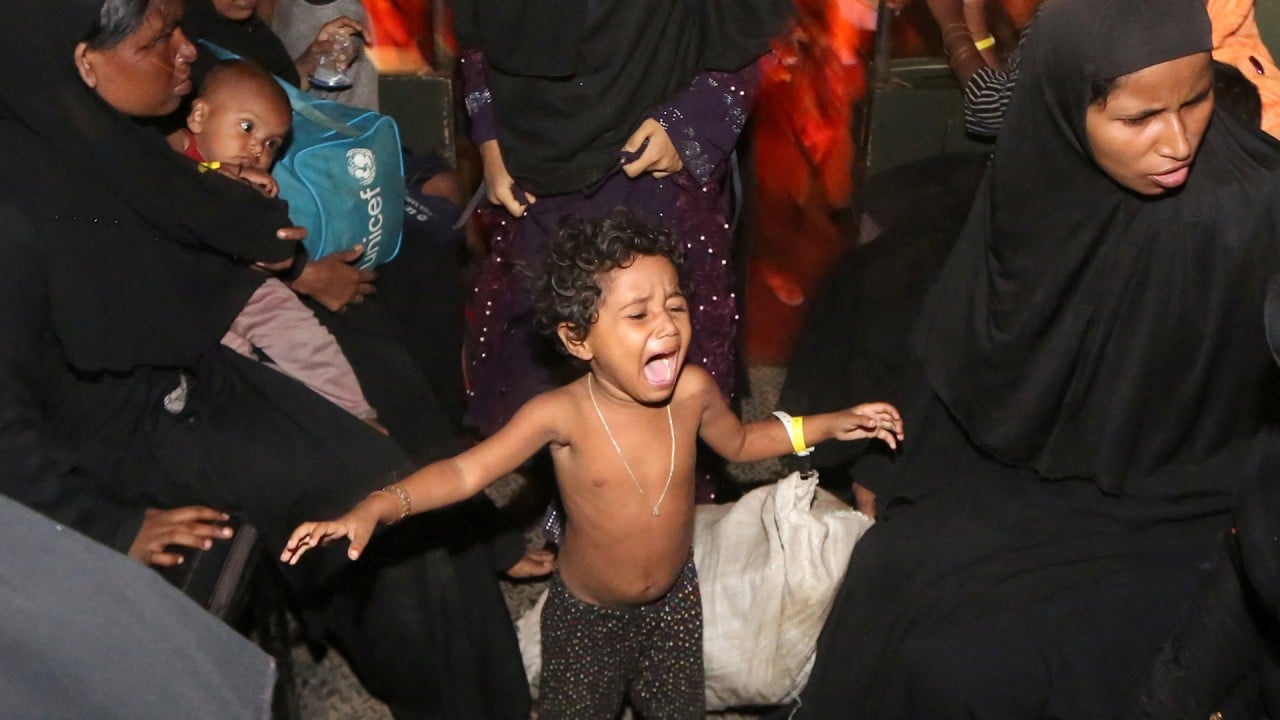Azizah’s mother was a victim of human trafficking when she met her future husband.
“He had to buy her from her agent in order to free her from bondage,” Azizah said.
Fake UN accounts spewing anti-refugee hate feed Indonesia’s Rohingya rejection
Fake UN accounts spewing anti-refugee hate feed Indonesia’s Rohingya rejection
Though exiled from their country of birth, her parents had big dreams of a better life. Leaving Malaysia, they took Azizah, then 10, and her five-year-old brother, to board a rickety boat headed for Australia in 2011.
A day into their perilous journey crossing the Malacca Strait with 25 other refugees, they soon found their boat sinking fast due to leakage.
“I thought we were all going to die. But after floating on the seas for an hour or so, we were rescued by other boats and taken to Medan.”
A year went by before they were able to continue their circuitous journey. They covertly made their way to Jakarta and then South Sulawesi, where the authorities eventually caught up with them.
“Before we could set sail [for Australia], police officers with their dogs gave chase and took us into custody,” Azizah said.
They were duly handed over to the United Nations High Commissioner for Refugees (UNHCR) office and the International Organisation for Migration (IOM) in Makassar, where Azizah has been living ever since, awaiting resettlement in a third country. Many of the refugees currently in Indonesia have been detained for more than 10 years.

Unable to work legally under Indonesian law, refugees survive by relying on others.
“I receive a monthly allowance of 1.2 million rupiah [US$78] and since the birth of my son in 2020, an additional 500,000 rupiah from IOM,” Azizah said, adding she was currently training with IOM to be a certified nurse.
As of June 2023, UNHCR recorded 12,199 refugees in Indonesia from 52 countries of origin, 6,630 of whom are Afghani. Rohingya refugees made up the third-largest group at 882 individuals.
Throughout November and December, at least nine waves of boats reached the shores of Aceh, Indonesia’s westernmost province, carrying a total of 1,684 Rohingya escaping the Cox’s Bazar detention camps in Bangladesh.
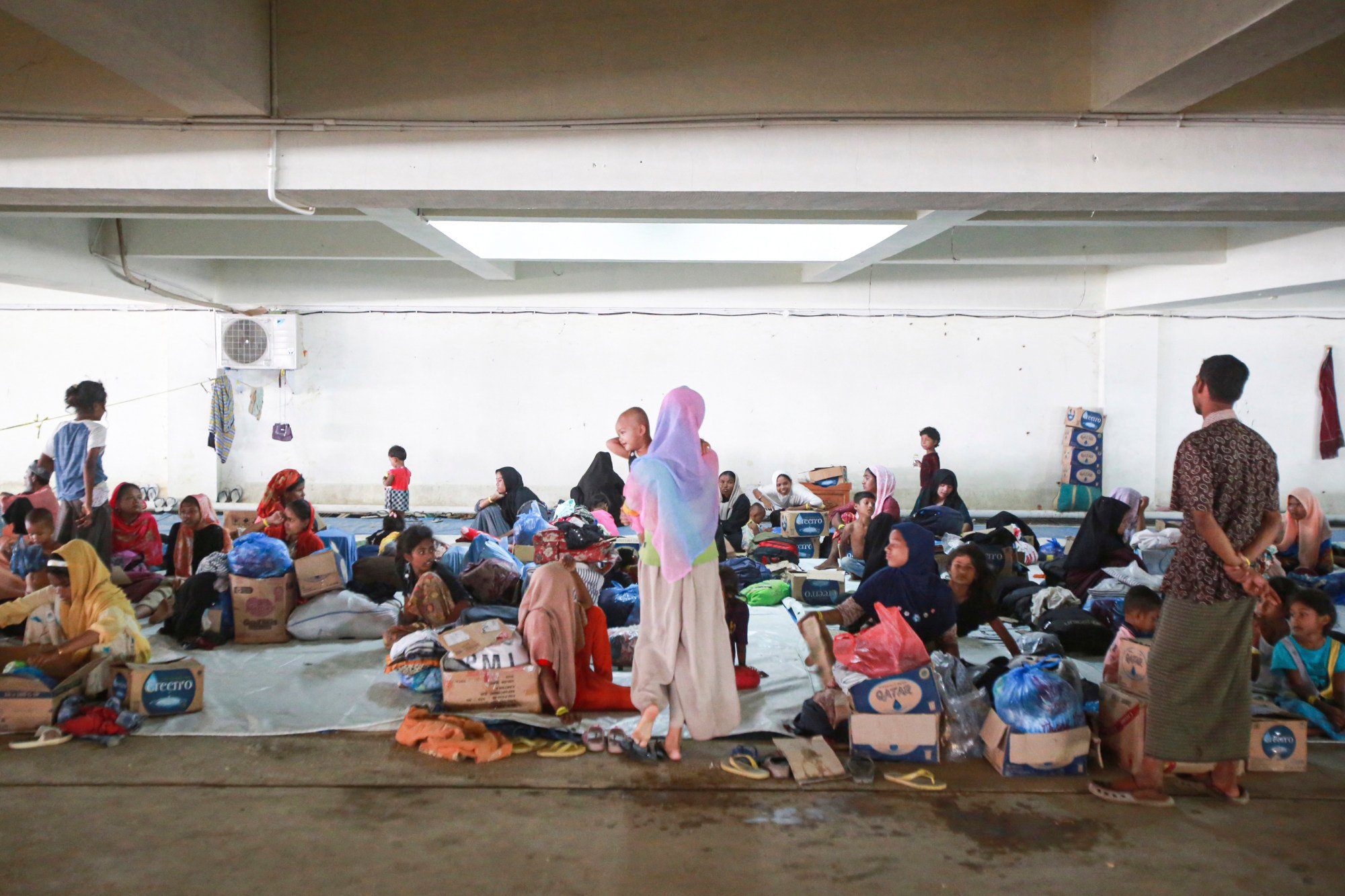
The IOM claims on its website it supports approximately 8,000 refugees and asylum seekers in Indonesia, with the rest categorised as “self-supporting”.
“I would happily work if I was allowed to. Even with the allowance, I have to be very careful with how I spend my money,” Azizah said.
The 2023 minimum wage in Makassar is around 3.5 million rupiah.
Azizah confessed to being puzzled by recent claims on social media that refugees received their allowance from the Indonesian government, saying, “For as long as I’ve been here, I know this to be false.”
Rizka Prabaningtyas, researcher in international relations and migration at Indonesia’s National Research and Innovation Agency, said hoaxes along ultranationalist lines abound about the Rohingya.
“The truth is, the Indonesian government has expended zero funds for the refugees within our borders. It’s ordinary people who have been moved again and again to show solidarity,” she explained.
According to Asher Hirsch, senior policy officer with the Refugee Council of Australia, IOM Indonesia is funded largely by the Australian government, which has funnelled A$238 million (US$162 million) to support IOM’s operation in Indonesia since 2001. Its contribution makes up more than 80 per cent of IOM’s funding, with the rest of the tab being picked up by the European Union.
Hirsch said in 2000, Australia, Indonesia, and IOM set up a three-way Regional Cooperation Agreement, under which Indonesian authorities would intercept and detain migrants “thought to be intent on travelling irregularly to Australia or New Zealand” and refer them to IOM for “case management and care” while in detention.
“In effect, Indonesia became an unofficial offshore immigration detention centre for Australia while Canberra took care of the financial side of things,” he said.
‘Parasites’: spike in Rohingya arrivals tests Aceh’s sympathy for their plight
‘Parasites’: spike in Rohingya arrivals tests Aceh’s sympathy for their plight
Nino Viartasiwi, lecturer at President University’s International Relations Studies Programme, said she did not agree with the analysis that refugees in Indonesia were a drain on the economy.
“They actually contribute to our local economy through spending their money,” she told This Week In Asia.
But the issue of refugee funding is by no means simple.
In 2013 Australia enacted a “turn back” policy, by which “any unauthorised voyage” to the country would be repelled.
“Australia then stopped processing asylum claims for refugees arriving after 2014 and … Canberra decided to stop paying for refugees arriving after 2018, which was heavily criticised by Jakarta at the time,” Hirsch said.
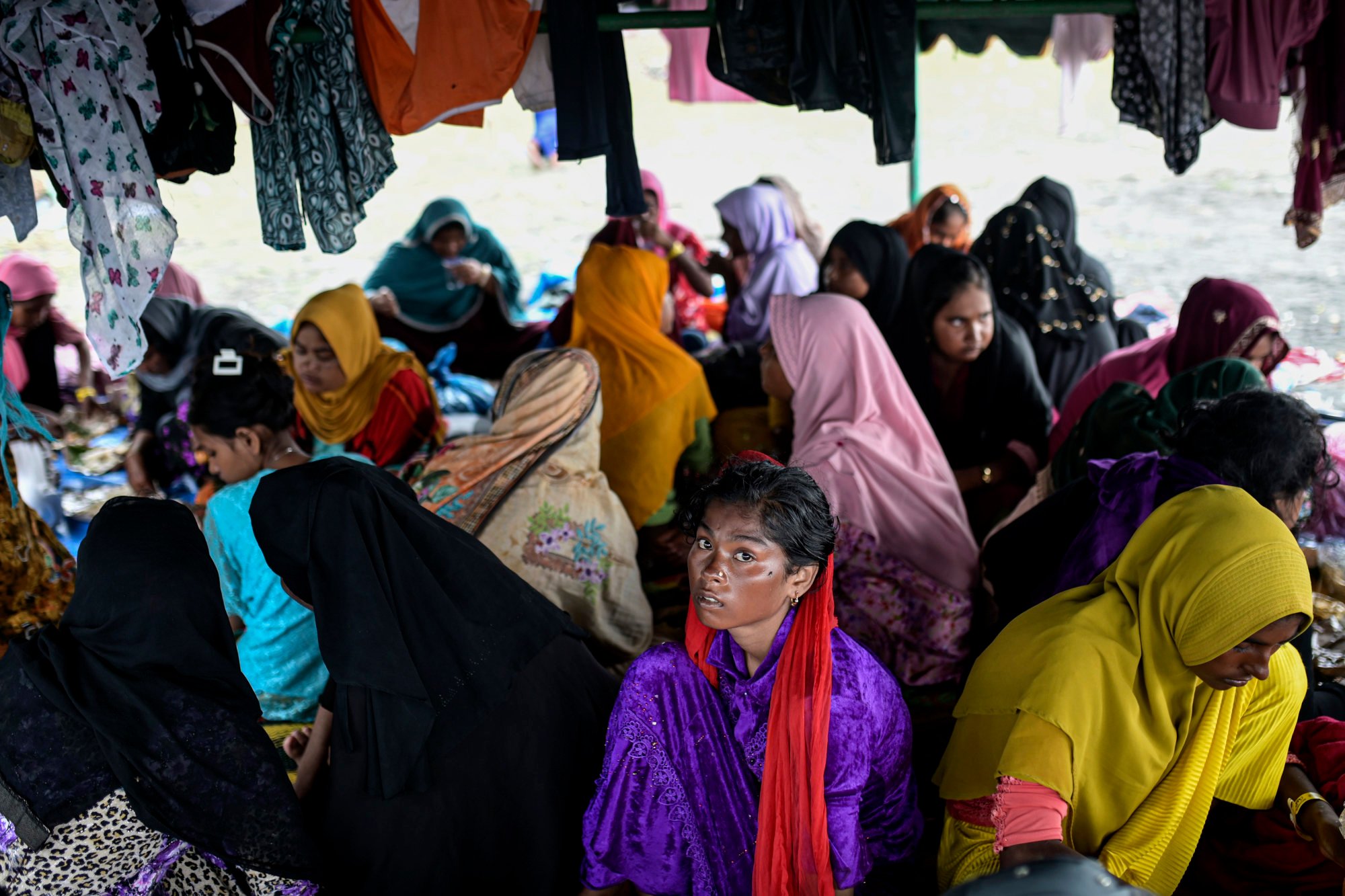
Nino said it was regrettable that Australia, a signatory to the 1951 UN Refugee Convention, chose to shirk its responsibilities. “Australia has now left Indonesia in a lurch, letting us deal with the refugees,” she said.
Unlike Australia, Indonesia is not a signatory to the UN Refugee Convention and is therefore under no obligation to provide assistance to refugees arriving at its shores.
But Nino said Indonesia must see this as an opportunity to prove its human rights credentials to the rest of the world.
“It’s our reputation as a nation that is at stake here,” she said.
According to Antje Missbach, professor of sociology at Bielefield University in Germany, many Acehnese today are also wary of getting in trouble with the law.
In 2021, three Acehnese fishermen were sentenced to five years’ imprisonment on the charge of “people smuggling” for aiding 99 people from a sinking vessel in international waters about 105 miles from Aceh during the 2020 Andaman Sea crisis.
Nino said in 2015, despite warnings from authorities, Acehnese fishermen rescued Rohingya refugees from certain death on the sea.
Recent turn-backs against arriving Rohingya boats, however, suggested “solidarity fatigue” due to lack of resources and government support for the Acehnese, rather than callousness, she said.
She also doubted the claim that Acehnese rejected the Rohingya outright saying that NGO workers reported that “230 people had been taken in and temporarily sheltered at an unused plot of land by the residents of Kulam Village”.
Local Acehnese initially welcomed the refugees but later objected to their presence. Villagers beat up a 23-year-old Rohingya refugee on December 9, allegedly for misdemeanour.
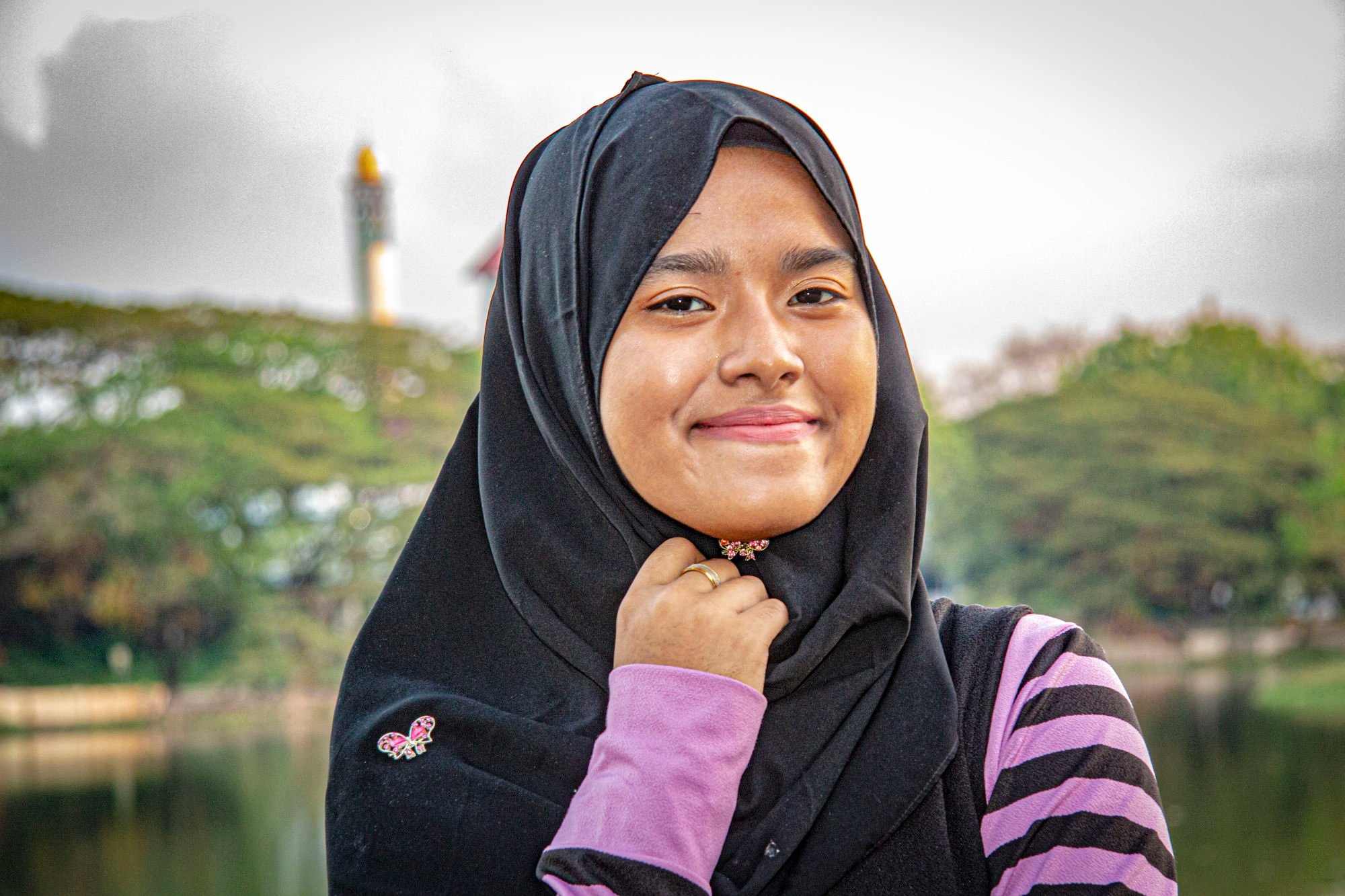
Despite this, Azizah agreed Indonesians are by nature a generous people.
“I’m grateful towards Indonesia and its people who welcomed me when they didn’t have to,” she said, adding that she would always think fondly of Indonesia even if she were resettled in another country in the future.
“I’ve made lifelong friends here. I will miss the people, the beautiful beaches and the scrumptious food, too.”


